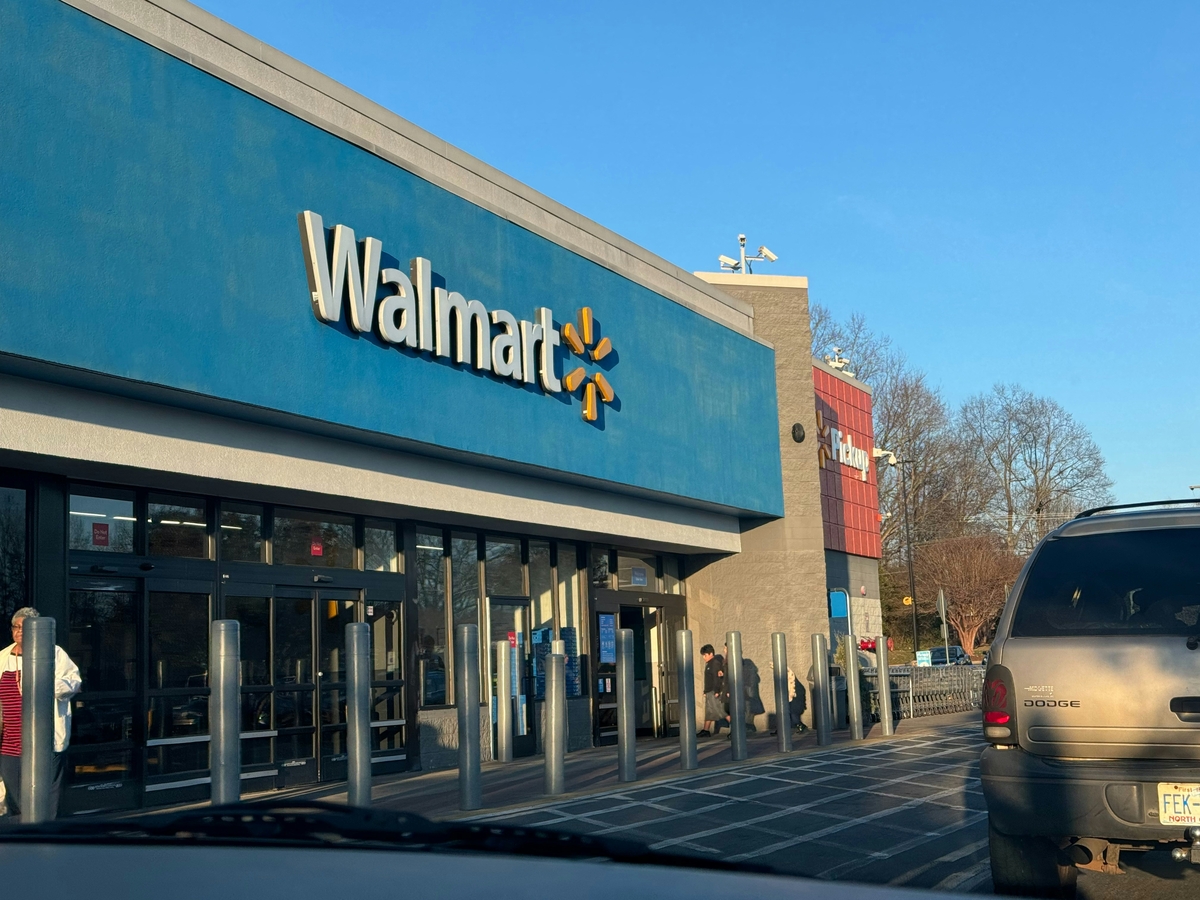Walmart has pledged to eliminate 30 additives from its private label brand food products by January 2027, according to an announcement made by the brand early this month. These additives include not just artificial dyes but also preservatives like propylparaben, artificial sweeteners like sucroglycerides, and fat substitutes like synthetic trans fatty acid.
“This is a direct response to what the customer is telling us,” said Scott Morris, senior vice president of Walmart’s private food brands. “They’re looking for simpler ingredients, simpler nutrition panels.”
Indeed, a recent survey showed that 62% of Walmart customers want more transparency regarding what’s in their food, according to a press release from the company1.
How Will This Change Affect Walmart Products?
The change will apply not just to Walmart’s Great Value brand, the nation’s largest consumer packaged goods brand, but also to its Marketside and Bettergoods brands. The latter is a chef-inspired line launched last year offering a range of plant-based and free-from items at affordable prices.
While Walmart says that 90% of their store-brand food items were already devoid of artificial dyes, the work involved in meeting this pledge is still a big deal. The company will be required to reformulate and test more than 1,000 products, experimenting with natural alternatives like spirulina and beet. The goal is to ensure that products retain their original taste and texture, and that the colors meet consumer expectations. As a result, all new products will be subject to customer testing before being put up for sale.
According to Walmart, this change is in-line with planned changes; the timeline has merely been accelerated due to consumer pressure. “The customer is louder than they ever were,” says Morris, “and we felt like the industry was ready for us to move to scale.”
Awareness Around the Risks of Artificial Dyes Is Rising
Part of this consumer demand is undoubtedly linked to media attention on the health risks of artificial dyes, following pushes from Health Secretary Robert F. Kennedy Jr. to eradicate them from the food system. Dyes like Red 40, Yellow 5, and Yellow 6 have been found to be potentially contaminated with carcinogens like benzidine2, and research has linked Red 40 to behavioral issues in children3.
In the wake of this media attention, the FDA finally revoked the approval of Red 3 at the beginning of the year, which research had already proved could cause cancer in animals as early as 30 years ago. Then, in April, Kennedy and the FDA asked American food companies to phase out artificial colors by the end of 2027. This led to voluntary commitments from companies like PepsiCo, Kraft Heinz, and General Mills — and now Walmart.
Sources:
- https://corporate.walmart.com/news/2025/10/01/walmart-u-s-moves-to-eliminate-synthetic-dyes-across-all-private-brand-food-products
- https://pubmed.ncbi.nlm.nih.gov/23026007/
- https://academic.oup.com/nutritionreviews/article-abstract/71/5/268/2460188

